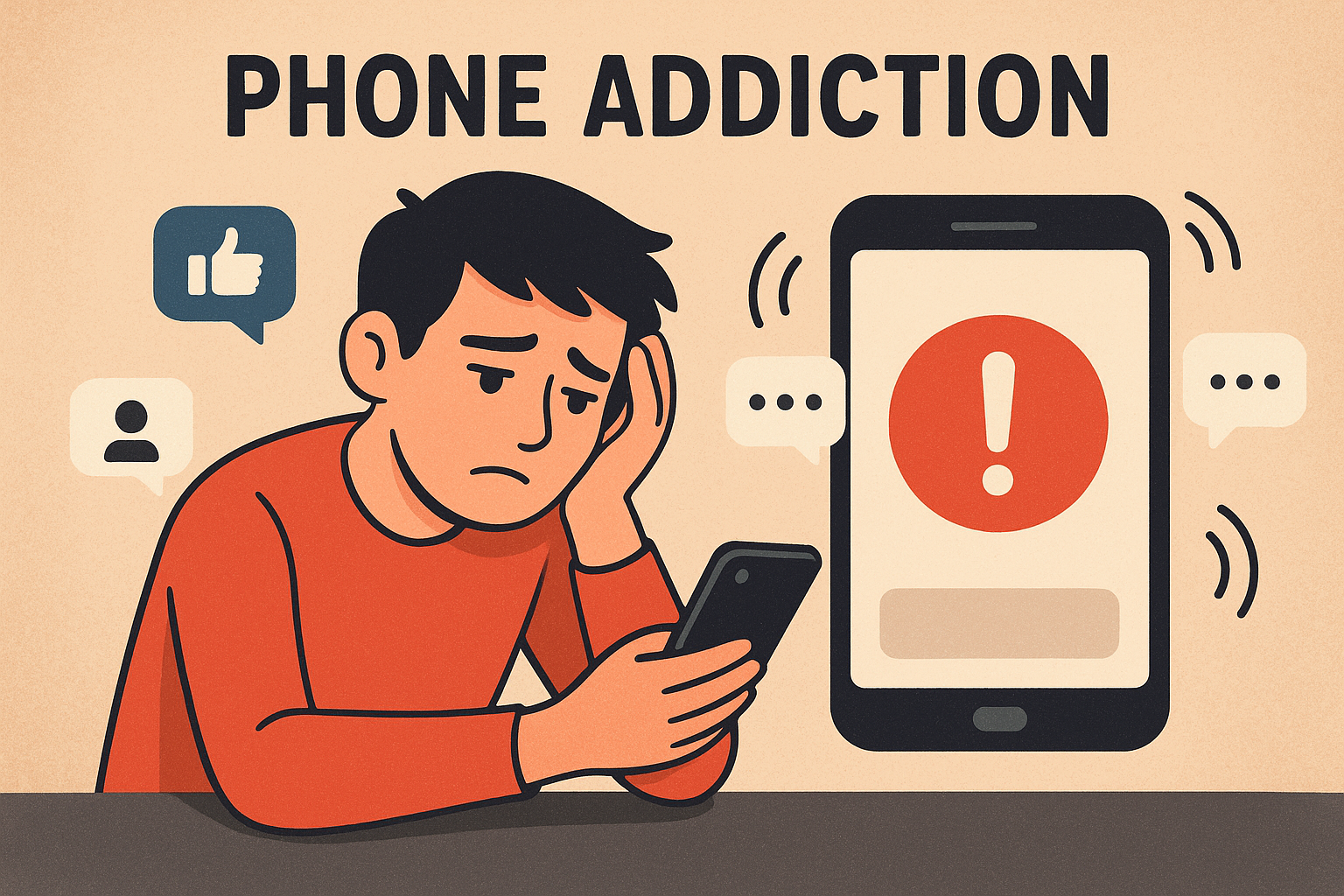How to reduce phone addiction?
Smartphones were created to make our lives easier. They have already replaced our cameras, alarm clocks, grocery lists, letters, payments, maps, and whatnot. GPS, learning, work, and communication are all dependent on smartphones. But slowly, notifications, reels, and endless scrolling have begun to control our daily routine. Most people don’t realize how much time they spend on their screens:
- Checking phone first thing in the morning.
- Scrolling while eating, someone is talking, doing something.
- Reels before sleeping.
- Picking up the phone every few minutes to check something.
This is not usage, this is addiction.
To reduce this addiction, you don’t need to get rid of your phone; you just need to reset your habits. This blog describes a few ways to reduce your phone addiction.
Why do we get addicted to our phones?
Dopamine – the brain’s chemical reward
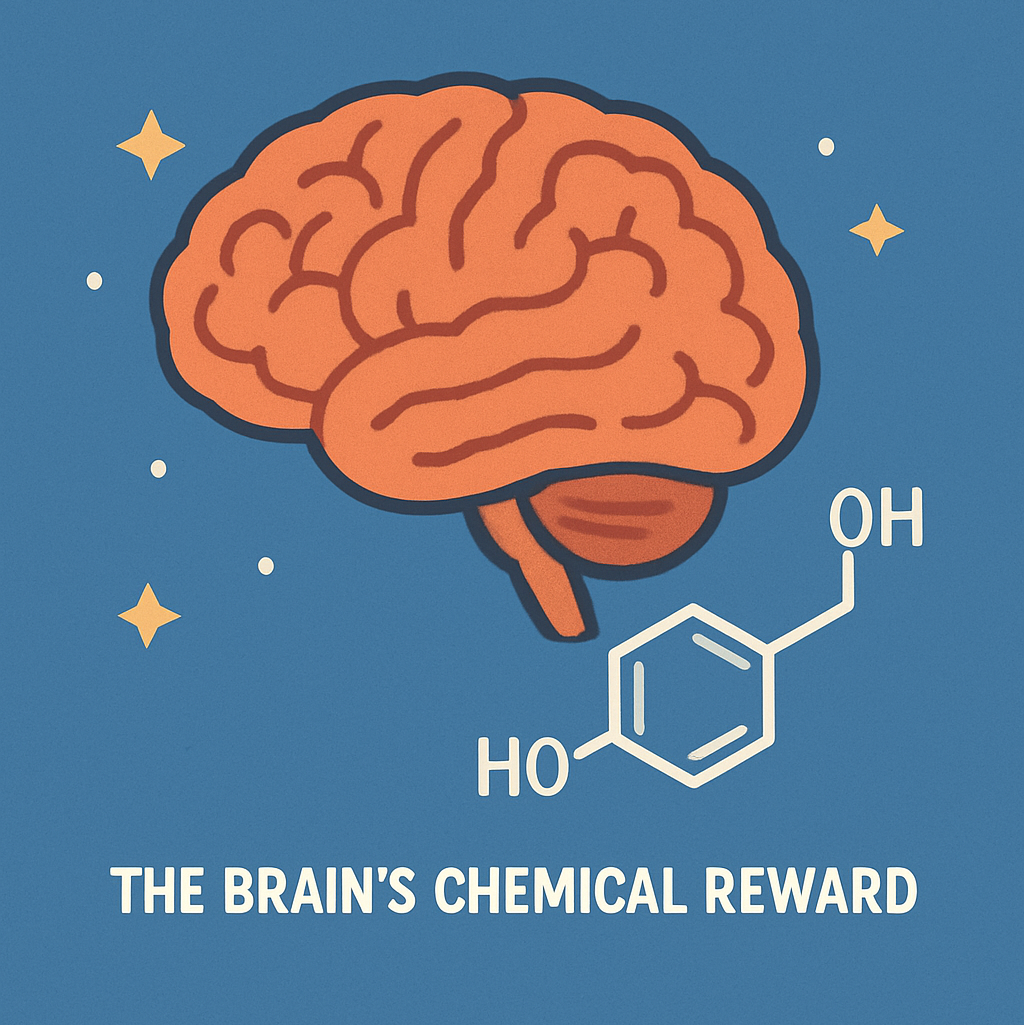
Every time we get a notification, a like, a comment, a funny reel, or a new message, our brain releases dopamine. Dopamine – This is good, do it again. There are endless surprises that keep your brain happy.
Social media gives “Micro-Rewards”

Every like, view, or comment you get is a reward. One waits for a like, view, or comment just after posting a reel, post, photo, or video. The brain seeks validation from the phone.
Fear of Missing Out (FOMO)

We keep on checking our phones, thinking we might miss a notification, a message, or any update. There is a constant fear that we might miss something important if we do not check our phones.
Phones give us instant escape
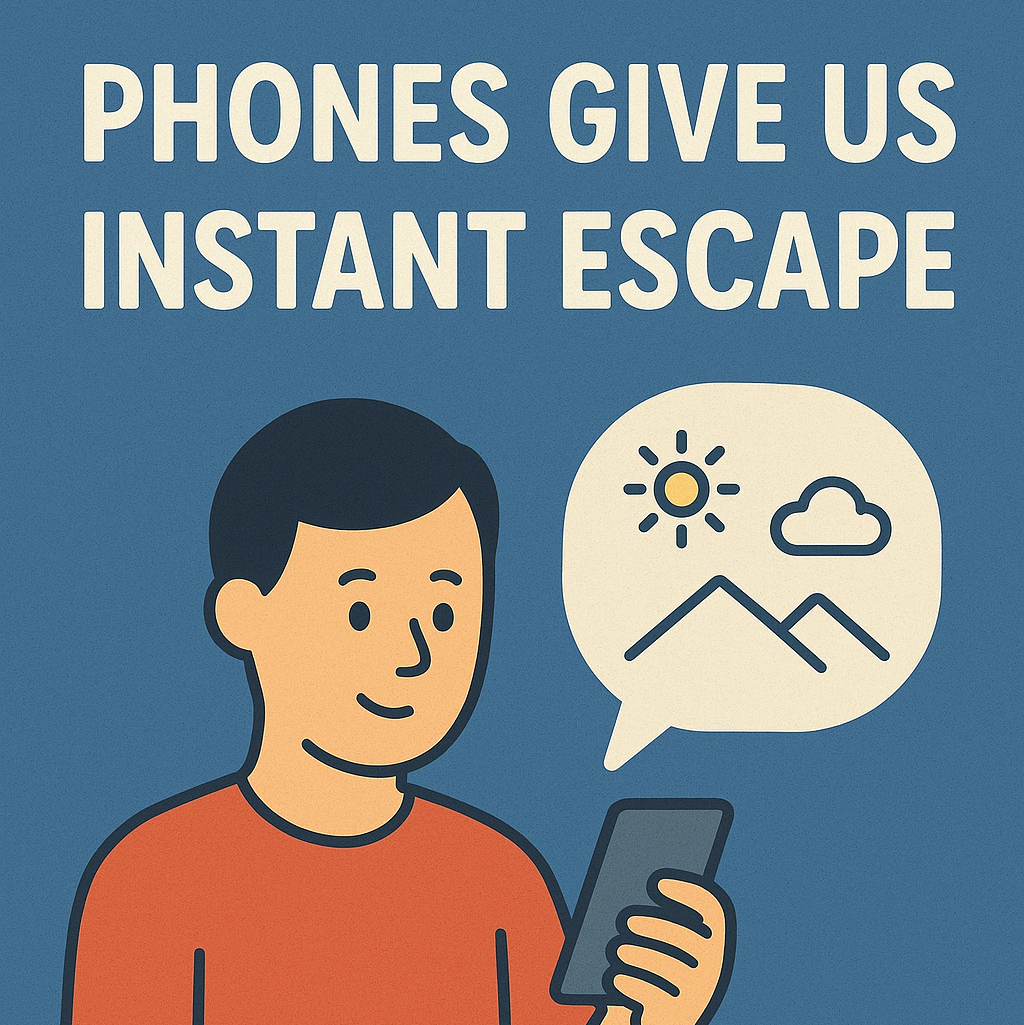
Whenever we feel bored, lonely, sad, and stressed, we check our phones. Funny videos, games, memes, songs, or chats become our escape. We hide ourselves behind screens instead of facing our emotions.
Infinite Scrolling – No Ending

When you read a book, it ends. When you watch a movie, it ends. But when you scroll, it never ends. There is always one more message, one more reel, one more post.
Apps are designed to keep us hooked
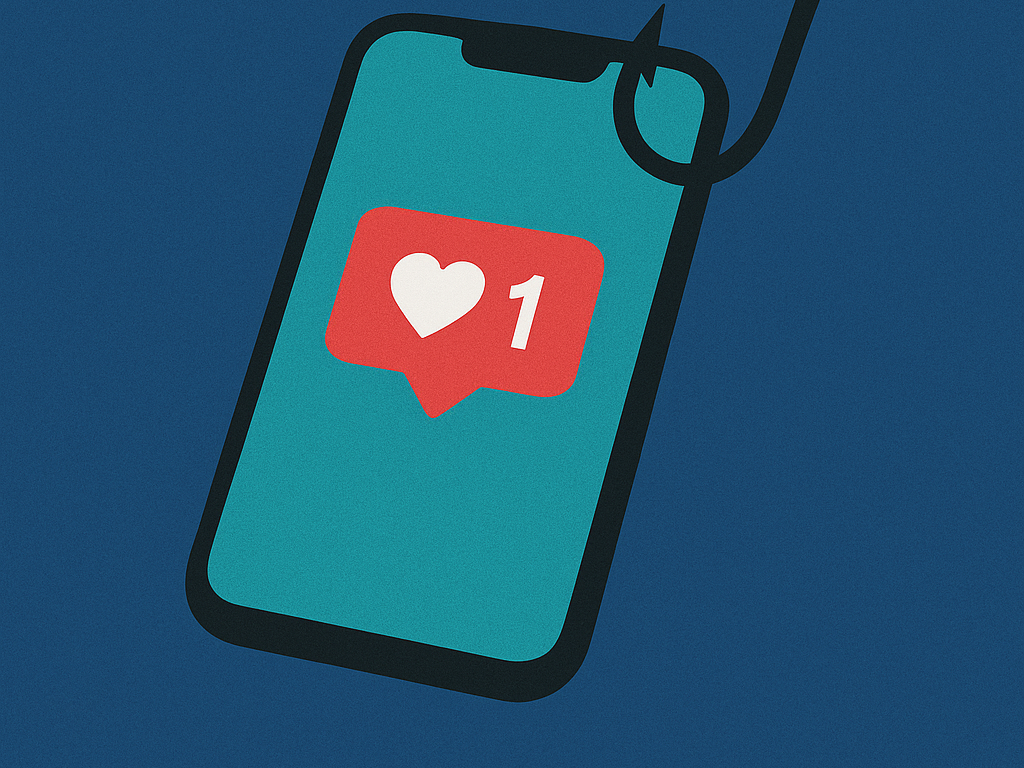
These apps are designed with bright colors. They designed social media apps like casinos to keep you inside for long.
Multitasking illusion
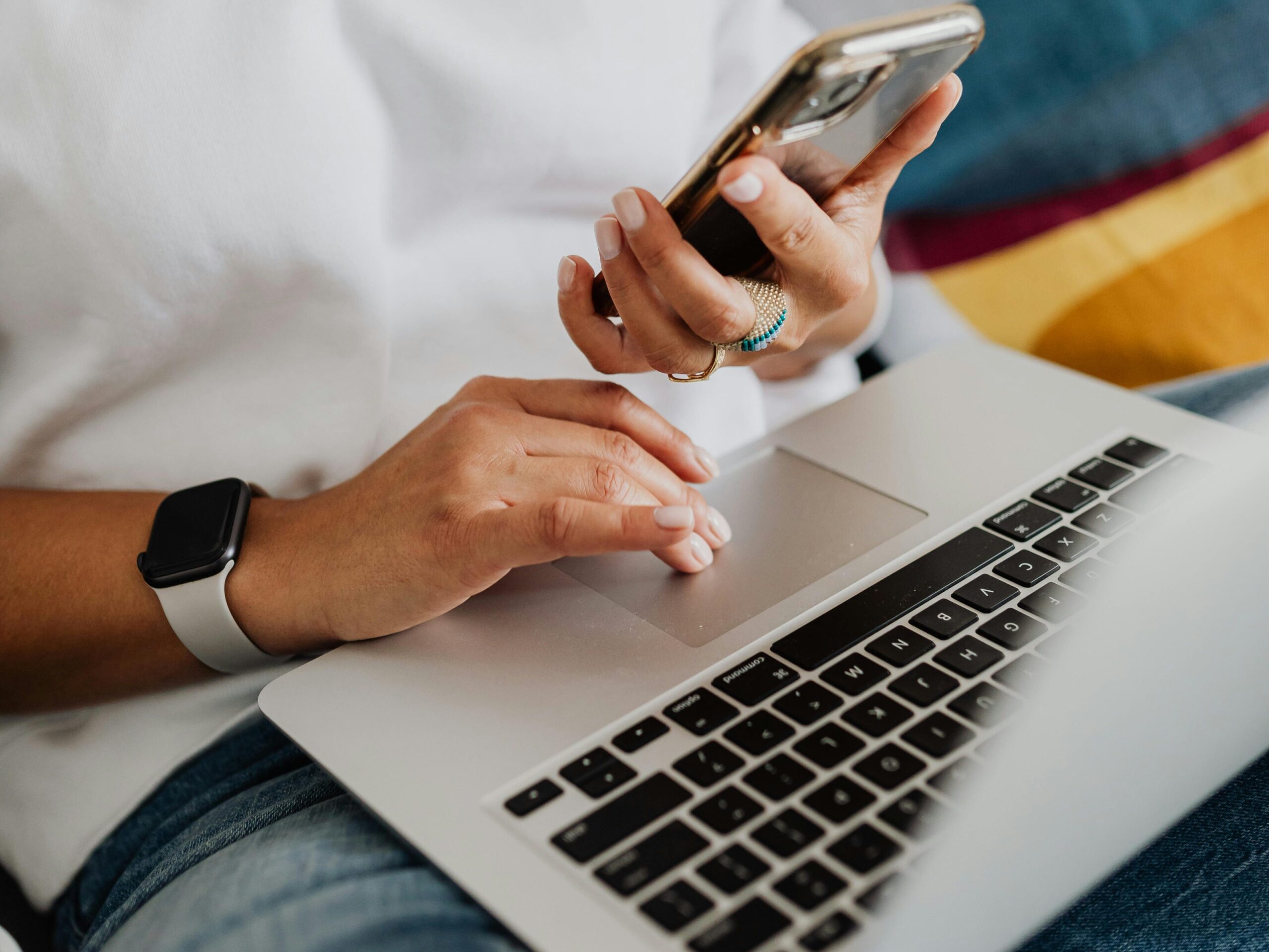
We feel like we are doing many things, like messaging, watching reels, browsing, etc. But our focus gets reduced.
Addiction affects everyone around us.
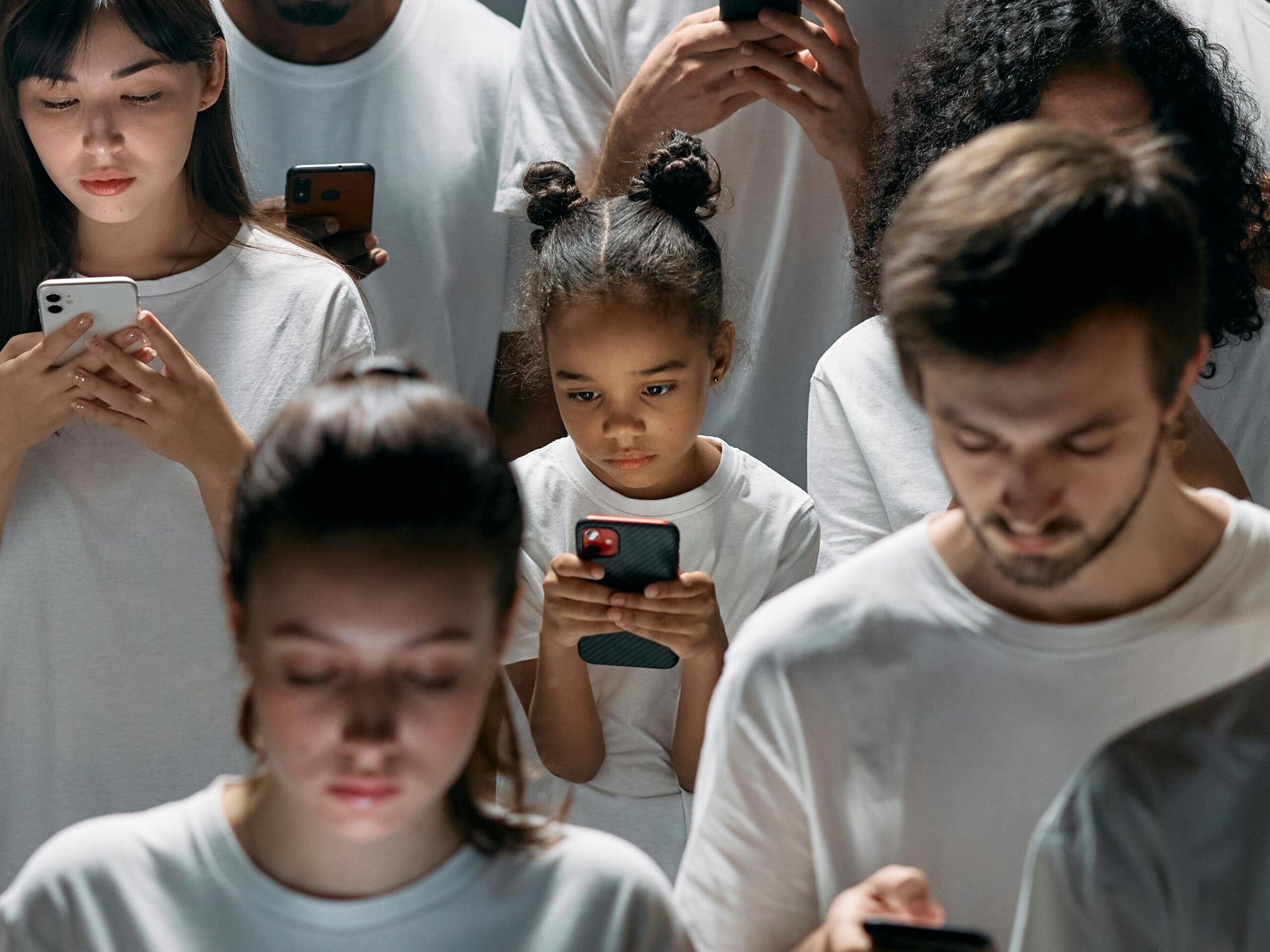
When our friends and family use phones, scroll, we think it is normal and start doing the same.
Short videos hijack attention
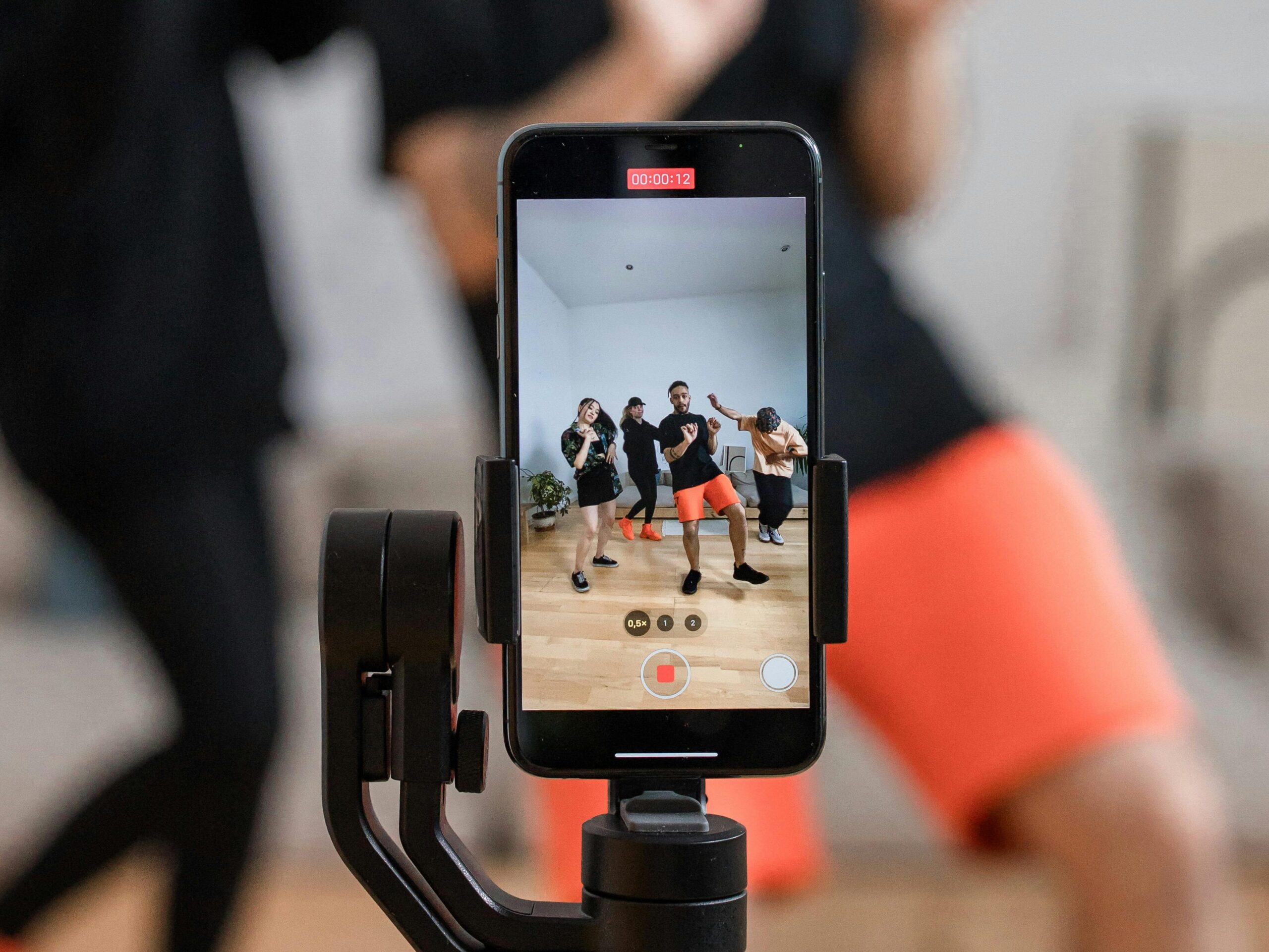
Reels, Shorts, TikTok-style videos are fast, addictive, and endless. If a 10-second video finishes, then the next automatically starts. The brain gets entertainment without much effort.
What Happens When We Use Phones Too Much?
- low attention.
- anxiety when the phone is not near.
- sleep difficulty.
- headaches and eyestrain.
- comparing life with others.
- no real rest of mind.
- forgetfulness.
Signs that you have a phone addiction
- You check your phone as soon as you wake up.
- Scrolling even when not interested.
- Anxiety when the phone battery is low.
- Checking or keeping a phone while eating and bathing.
- Checking the phone every few minutes.
- Losing the time track while scrolling.
Powerful, Practical Ways to Reduce Phone Addiction
Don’t use your phone for the first 30 minutes after waking up in the morning
Morning is the most sensitive time for your brain. If you start your brain with reels, messages, notifications, and news, the mind becomes distracted and stressed even before the day begins.
Instead do:
- Drink water
- Stretch
- Meditate
- Read
- Write a to-do list
- Go outside for some fresh air
Turn off non-essential notifications
Most of the time, scrolling starts when our phone rings, so turn off notifications for social media apps like Instagram, Facebook, etc. Shopping alerts should be turned off. News and game notifications should not be on.
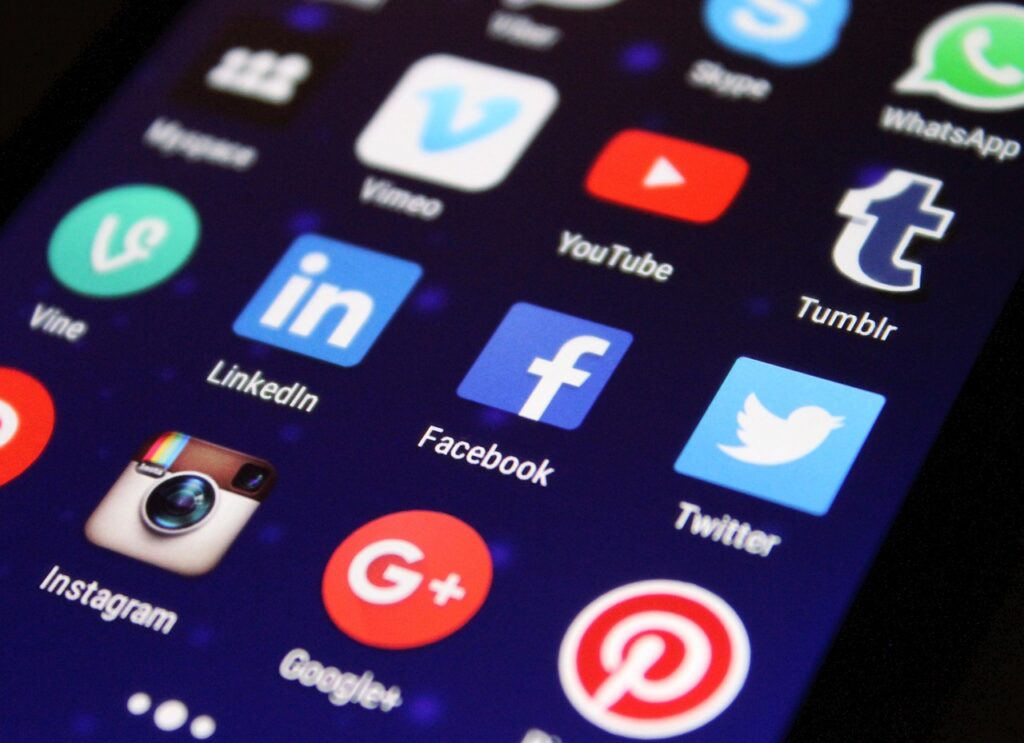
Turn on calls, messages, and work-related alerts.
Create No Phone Zones
Choose specific times or places where you will not use the phone, such as while eating, during conversations, studying or working, before sleeping, after waking up, and at temples or religious places.

Use built-in tools
- Use built-in app timers for apps like 30 minutes for Instagram, 40 minutes for YouTube.
- Turn on focus mode.
- Use the Do Not Disturb feature.
Keep your phone away while working/studying
While working or studying, make sure you keep your phone in a drawer, bag, or far away from reach. Even an hour of deep work will provide satisfaction.
Replace scrolling with other habits
When you feel like checking your phone, do your hobbies, or try the following:
- Do 10 pushups.
- stretch
- read
- Talk to someone
- walk
Pick a social media detox day in the week
Pick a day in the week without reels, random scrolling, and social media notifications. Instead, try cooking, follow your hobby, play a sport, meet a friend, read, or journal your thoughts.
Remove useless or triggering apps
Delete any app that can cause stress, provides no learning, and makes you mindless. Disable notifications of such apps.
Sleep without your phone
Scrolling destroys sleep cycle. Charge your phone in a place not near your bed. Read a book before sleeping. Use an alarm clock instead of a phone alarm.
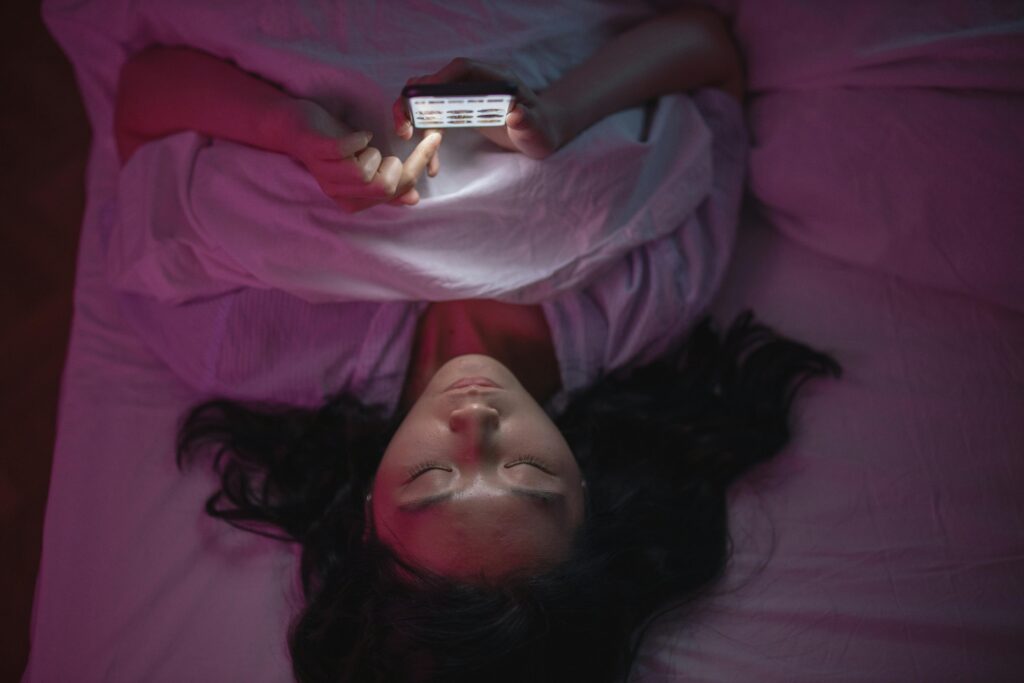
Phone addiction doesn’t disappear overnight—it fades slowly, one intentional choice at a time. Every small action you take today, whether it’s setting screen limits, removing distracting apps, or simply putting your phone in another room, is a step toward a clearer mind and a healthier life.
Remember, your attention is one of the most valuable things you own. Don’t let endless notifications, infinite scrolling, or digital noise steal it from you. Reclaim your time and focus. Reclaim yourself.
Start with one change. Stay consistent.
Your future self will thank you.
